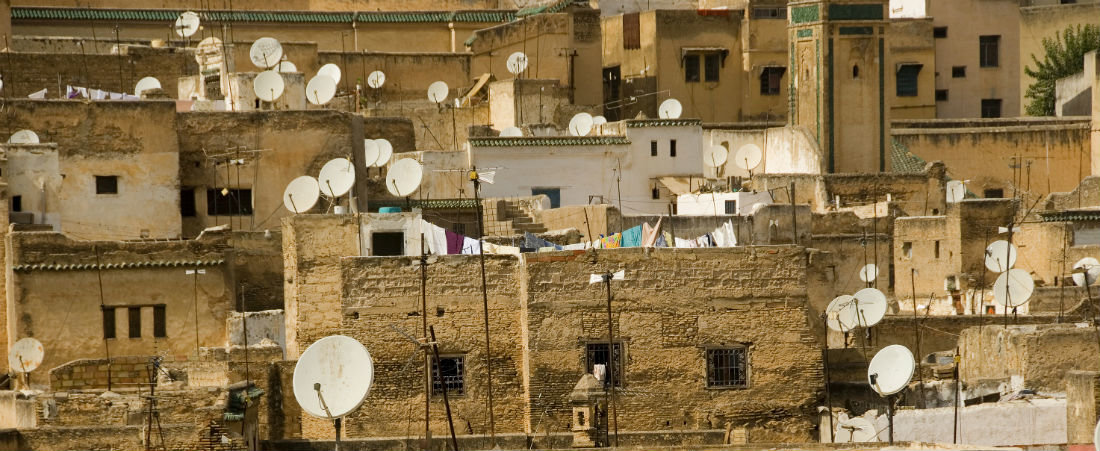How giving can transform the continent.
The Africa 2014 Wealth Report states that the number of high net worth individuals in Africa grew by over 150% between 2000 and 2013, more than double the global rate.
Africa now has around 165,000 super-rich people collectively worth over $660 billion, who have given rise to a western-style, formalised philanthropy across the continent. Local self-made entrepreneurs want to “give back” and are increasingly more strategic, sophisticated and engaged in their philanthropic efforts.
More are channelling their giving through their businesses and private foundations. Nigerian Aliko Dangote, Africa’s richest man, made his money selling cement, sugar and basic commodities and is estimated by Forbes to be worth $15.6 billion. He has signed a pledge committing to give away a majority of his wealth to charitable causes. His Dangote Foundation is active in health, education and disaster relief. Other notable African philanthropists include Mo Ibrahim, Patrice Motsepe, Tony Elumelu, Strive Masyiwa and Manu Chandaria.
Most of the new African philanthropists made their money legitimately and are not afraid to declare their wealth and channel their fortunes to good causes. Their foundations support a range of causes – youth enterprise and private sector development is a popular choice – but giving directly to community needs for medical expenses and scholarships, as well as responding to national calamities such as Ebola and famine, is also common. These new home-grown philanthropists complement a long history of organisations that have been part of Africa’s charity sector for decades.
The Bill & Melinda Gates Foundation is now one of the biggest private donors in Africa, supporting health and agricultural development. The Rockefeller Foundation has been on the continent for over 150 years, active in health and education. They work alongside international NGOs like Oxfam as well and bi-lateral and multilateral donors like the World Bank and DFID. These organisations are increasingly channelling funds through governments and local funding organisations. Dangote for example works with the Gates Foundation in Northern Nigeria.
One exciting trend in African philanthropy has been the use of mobile money to raise money for causes. In 2011, ‘Kenya for Kenyans’ raised £6m from 250,000 individuals to provide famine relief to over 3 million Kenyans. Backed by leading telecoms company, Safaricom, a rapid awareness campaign coupled with the MPesa mobile payments platform quickly brought in contributions. A similar appeal has been made to combat Ebola in West Africa and the Garissa attacks in Kenya also saw widespread use of mobile in fundraising for victims.
New institutions like the African Grantmakers network and the African Philanthropic Forum point to the growing sophistication of the sector. Early work has been on research as well as providing a platform for sharing best practice on African philanthropy. Much of their work is aimed at encouraging local giving to reduce reliance on overseas resources.
This emergence of these new institutions also point to another shift: the increasing need to recast the narrative around Africa as aid dependent and unable to manage its own affairs. Philanthropy as a concept is not well understood in African countries and the sector has struggled to define and articulate its activities. The establishment of these new institutions and organisations is grounded in the need to promote home-grown solutions to African development issues. But it is also an attempt to reframe the debate about African giving.
Giving and charity is deeply rooted in African culture and beliefs and a very narrow view of the nature of giving in Africa distorts the true nature of how charity works on the continent. African philanthropy is better understood through the concept of Harambee (Swahili for pooling of resources) in Kenya and Ubuntu (Zulu for caring for each other) in southern Africa. Both value family values and the pooling of resources by communities to address problems. Capturing the true size of giving in Africa is difficult, as much of the giving is informal and at an individual or community level, but giving is growing and has great potential to transform the continent and compliment current sources.
From a communications perspective, strategies and tactics vary. Players in the sector are diverse – some are purely grant-making and direct communications to beneficiaries while others run charity programmes and tend to communicate more widely to fundraise around their core activities. Players recognise the need to articulate what they stand for as this will aid their missions but lack of resources and know how is often cited as a barrier to more effective communication. As competition for funding increases, players will need to work harder to demonstrate impact and this will entail greater investment in communications.
Corporates have been quick to see the potential of communication around their charitable activities and are increasingly using CSR budgets to promote their charity efforts as part of their marketing efforts.
As migrant remittances rise and foreign direct investment increases, overseas aid is slowly receding in importance. African philanthropy can only grow and play a bigger role in bridging the gap.
Allan is Head of Portland’s Nairobi office, and has over 15 years’ experience as a journalist and communications consultant.






